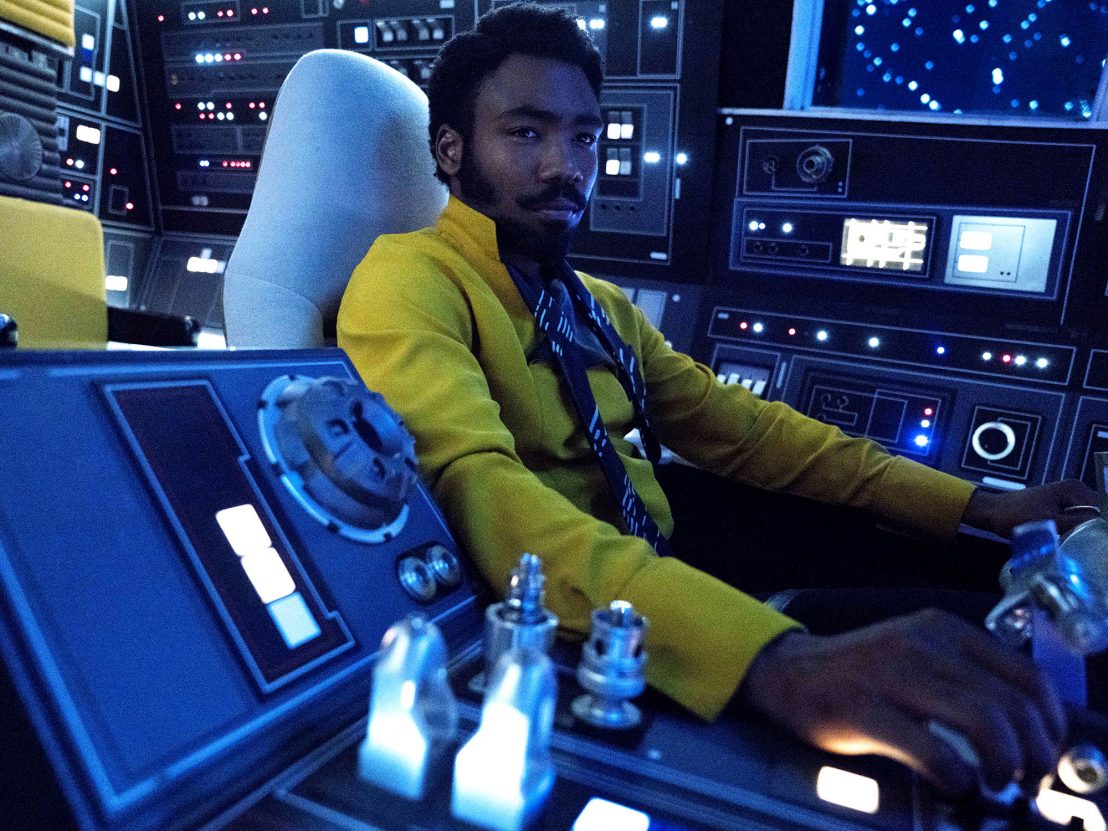
For anyone unfamiliar with the term, ‘queerbaiting’ is defined as ‘the practice of hinting at, but then not actually depicting, a same-sex romantic relationship between characters in a work of fiction, mainly in film or television’. Recently a new type of queerbaiting has emerged, where LGBT representation is promised but not delivered within the content itself.
One such example is the couple dubbed as ‘Choni’ on Riverdale. The relationship between Toni Topaz and Cheryl Blossom is fairly new to the show, having started in the show’s latest series. But that hasn’t stopped them from hyping it up. For instance, Vanessa Morgan, who plays Toni, told Refinery 29 that the couple would be involved in a one of the ‘sexist episodes yet’, based on filming. Instead, in the episode referred to, Cheryl and Toni simply touched hands, whereas there are kisses – and more – shared by the straight characters.
Even in terms of later episodes, Riverdale writer Brain E Paterson tweeted that there was “better stuff on tap than just kisses” to come for Choni. But that never rang true – the couple have only kissed once, hugged once and held hands once in the entire series, and have had hardly any development beyond that in terms of their relationship. This pales in comparison to the ample kisses, touches, and sex scenes, all of which were coupled with emotional and loving moments and development, that was given to the straight relationships within the show, in the same episodes.
Choni also suffered from a severe lack of shared screentime. In the 42-minute season two finale, they appeared on screen together for less than 90 seconds. You could argue that more scenes were filmed and simply omitted from the episode, as deleted scenes are a common occurrence where this couple is concerned – there’s their deleted romantic musical number, to name just one. (In fact, the song in the deleted scene was included, but sung by Archie and Betty, and then Betty to Veronica, the two girls who kissed in Riverdale’s first episode but then went on to apparently, be straight – in a clear attempt at the definition of queerbaiting provided above. Riverdale absolutely isn’t new to queerbaiting its audience).
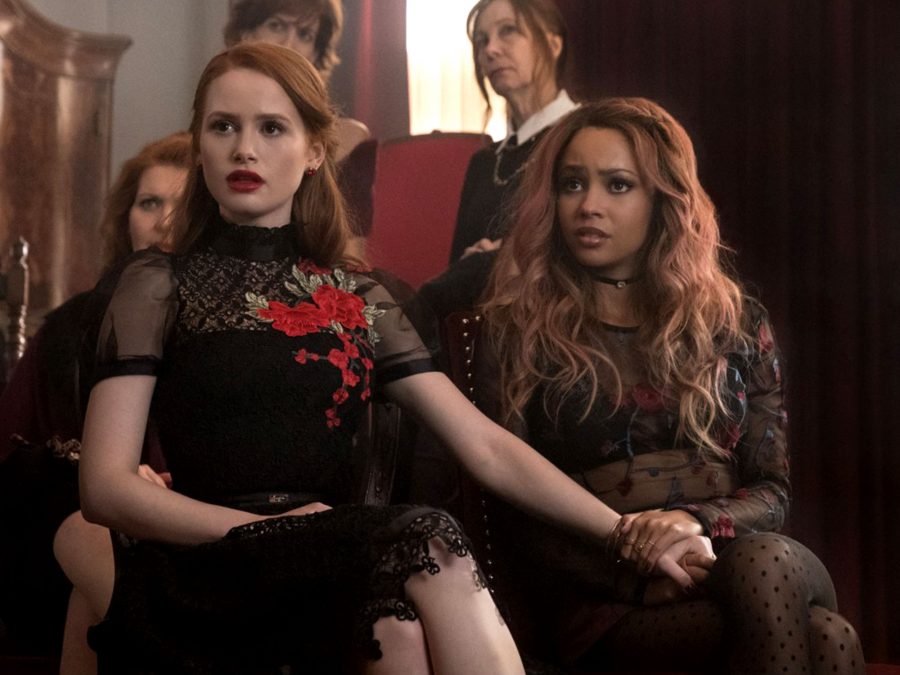
But this new type of queerbaiting is especially cruel to its LGBT audience. By giving LGBT fans LGBT characters and then an LGBT couple to r
oot for, and then not giving them the screen time or development that they do to straight couples and characters, is giving them false hope. It’s deeply frustrating, and almost implies that they don’t care about the LGBT portion of their audience – as they just continue to string them along, feeding them only scraps compared to the feast that they cook up for their straight audiences.
You could argue that it’s a majority versus a minority situation. Even so, LGBT audiences are out there, and when you say LGBT characters and couples exist in your show, they deserve the same amount of attention than any other character or couple. And in Choni’s case, and many others, they just aren’t getting them. And that’s letting a large portion of your audience – who in Riverdale’s case are mostly young adults – down.
This new type of queerbaiting isn’t exclusive to TV, it’s also become increasingly prevalent in film. There have been a few instances of late where characters in films are said to be LGBT, but then aren’t explicitly portrayed as such. Take Trini from 2017’s Power Rangers. Before the film was released, the character was described as the first LGBT superhero, thus breaking new ground. But there was no moment within the film that confirmed Trini’s sexuality – in fact, the only indication was another Power Ranger asking if she had boyfriend trouble, and then asking if she had girlfriend trouble; Trini doesn’t reply affirmatively to either remark, leaving LGBT viewers feeling a little deflated.
In 2018, LGBT audiences deserve explicit, concrete representation that doesn’t just exist in promotional interviews. They deserve media that lives up to its promises.
There’s also the curious case of LeFou in the 2017 remake of Disney’s Beauty and the Beast. While promoting the film, director Bill Condon said that the revised story would have an ‘exclusively gay moment’. Yet in reality LeFou was simply shown dancing with another man. It was a blink-and-you’ll-miss-it moment most viewers either missed entirely, or else were unaware of as LGBT representation; LeFou looks more shocked than pleased at the sudden dance partner change. This moment has been described as ‘one of the most overhyped events in movie history’.
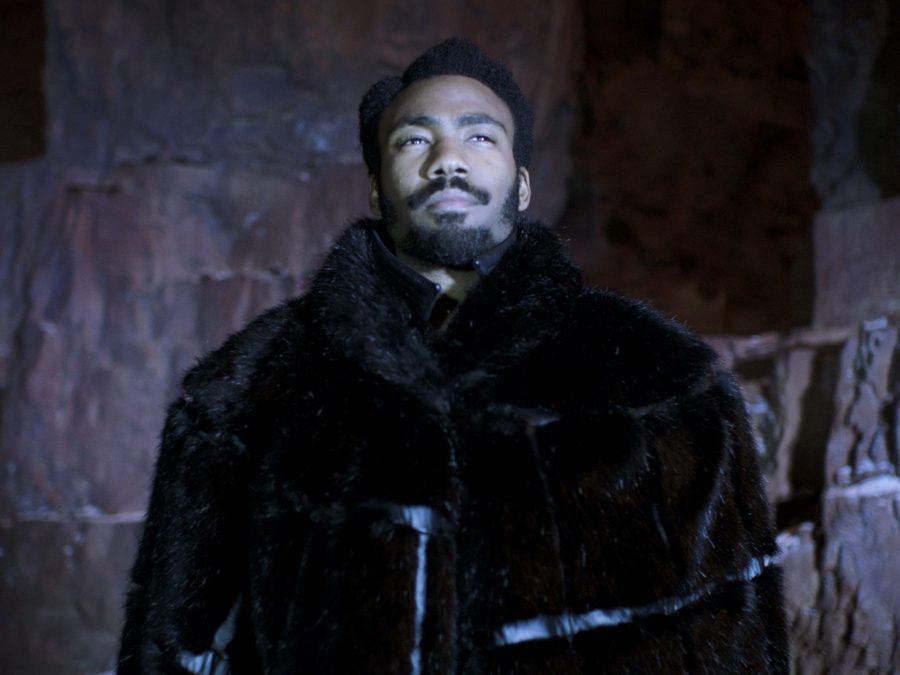
More recently there was the “revelation” that Donald Glover’s Lando Calrissian in Solo: A Star Wars Story is pansexual. But will audience members not privy to the information given in the interview be aware that the character is LGBT just by watching what’s on the screen? Don’t get me wrong, Lando doesn’t have to just stop in the middle of a fight to exclaim, ‘Oh, by the way, Han, I’m pansexual!’ That would be lazy writing, and a pretty shoddy attempt to shoehorn in representation.
There are far better ways to go about including – and building anticipation of – LGBT representation. It’s not just about having more LGBT characters and couples in films and TV, but giving them the screen time and development that’s routinely afforded to straight characters. Representation isn’t representation if it’s on the cutting room floor, deleted scenes DVD or only exists in interviews. Because LGBT fans deserve better – and it’s time to finally start delivering on so many broken promises.
Published 24 May 2018

By Chloe Smith
Comments made at Comic-Con were not only deeply hurtful but dangerous.
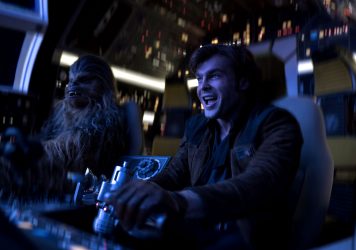
This safe and fan service-heavy Han Solo origin story is the worst Star Wars movie since the prequel trilogy.
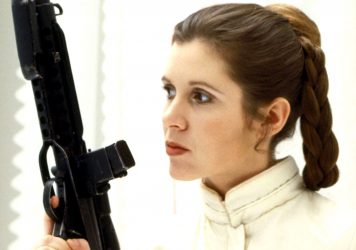
Exploring the character’s backstory could lead to an inspirational anthology film.